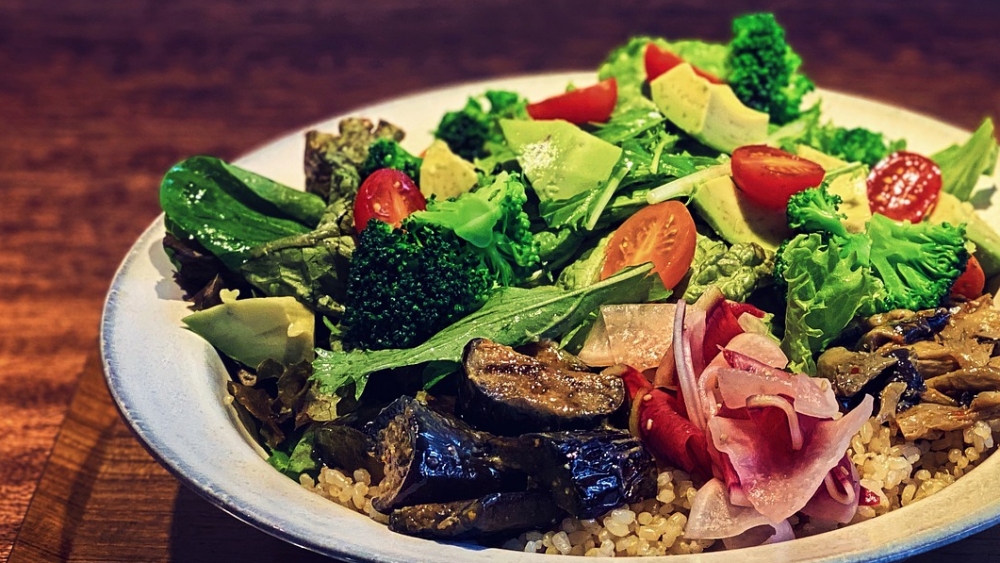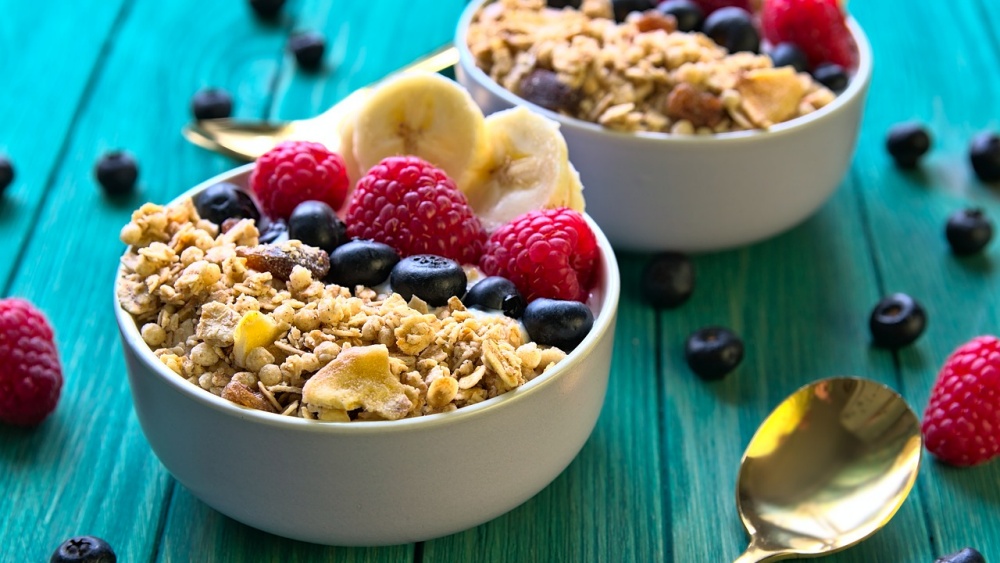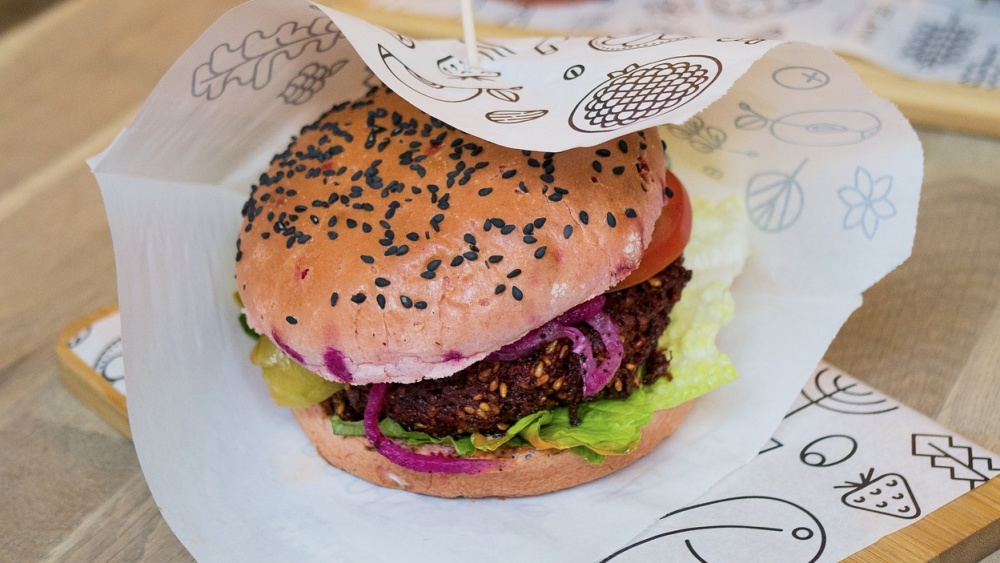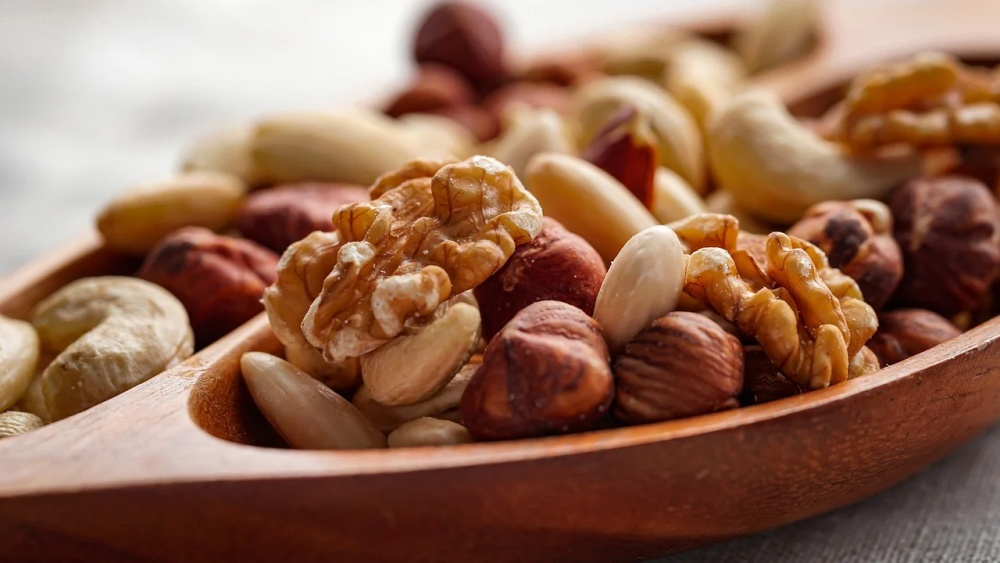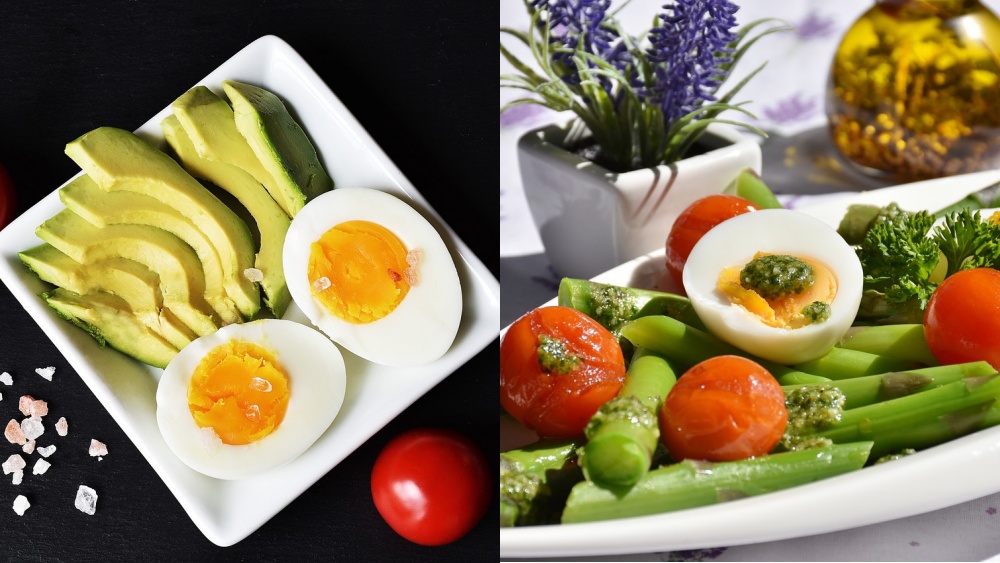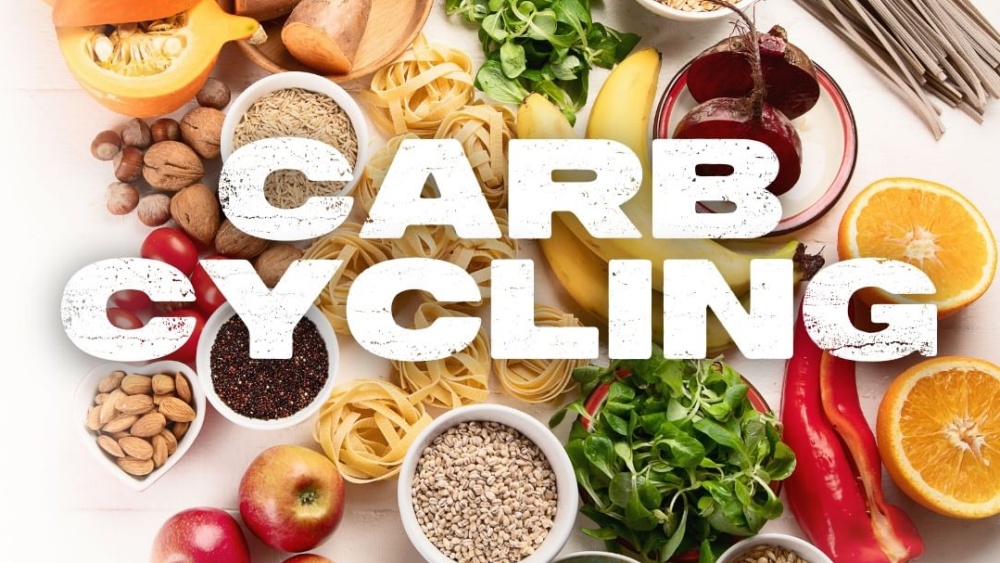One of the common concerns that are often brought up regarding vegan and vegetarian diets is that they might not provide sufficient protein. However, many experts say a well-structured vegan diet can still provide all the nutrients a person needs, including protein to get through exercises and even martial arts training.
The term “vegan protein” refers to plant sources that are rich in proteins. Proteins are one of the essential macronutrients humans need and these complex molecules play many crucial roles in the body including most of the work required for the regulation, function, and regulation of the tissues and organs in the body.
Proteins consist of smaller units called amino acids which bond to each other to form long chains. 20 different types of amino acids can be linked to create a protein. A protein-rich diet promotes feelings of fullness and muscle growth. Going on a vegan diet doesn’t mean you can’t get the protein your body needs daily to perform optimally. It’s simply a matter of knowing where to look for the best vegan protein sources.
Elevate Your Diet With Vegan Protein: A Comprehensive Guide
Whether you’re a seasoned vegan or just curious about plant-based options, understanding vegan protein and how to incorporate it into your diet is a game-changer. In this article, we’ll explore what vegan protein is and its benefits, plus we’ll provide you with practical tips on how to seamlessly integrate more of these foods into your daily meals.
1) Demystifying Vegan Protein: What Is It?
Let’s start with the basics. Vegan protein, as the name suggests, is a protein derived entirely from plants. It’s a valuable nutrient that your body needs for various functions, including muscle repair, immune support, and overall health. Unlike animal-based protein sources like meat, eggs, and dairy, vegan protein is sourced from plant-based foods, making it a cruelty-free and sustainable choice.
2) Benefits Of Vegan Protein
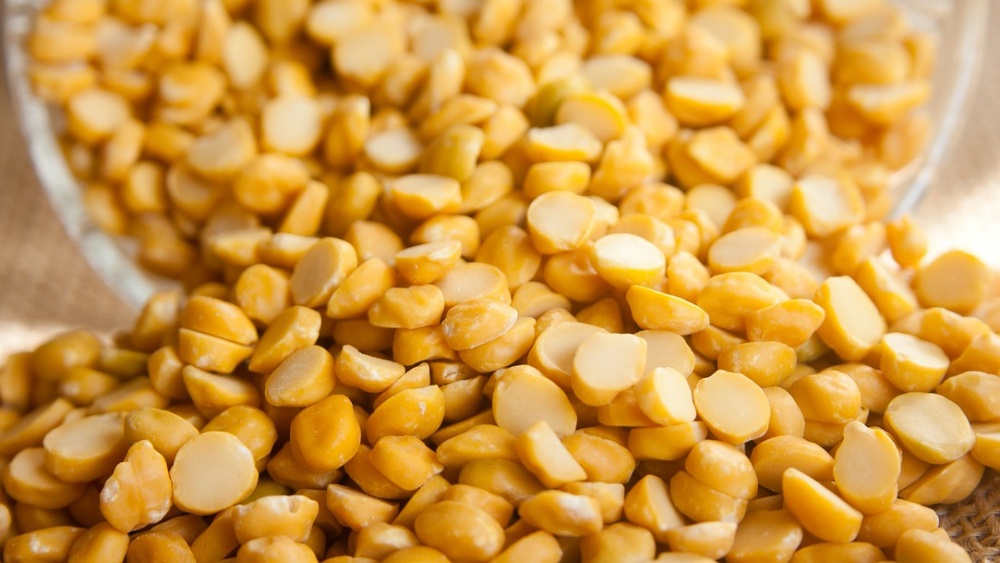
The benefits of vegan proteins are numerous, and they are comparable to those of regular protein sources.
Before we dive into incorporating vegan protein into your diet, let’s explore the impressive benefits it offers:
- Heart Health: Plant-based proteins, like those found in legumes and nuts, are often lower in saturated fat compared to animal proteins. This can contribute to improved heart health by reducing the risk of heart disease.
- Weight Management: Vegan protein sources tend to be lower in calories, making them a great choice for those looking to manage their weight. They also make you feel fuller, reducing the likelihood of overeating.
- Digestive Health: Plant-based proteins are often rich in fiber, which supports a healthy digestive system. Fiber aids in regular bowel movements and can reduce the risk of gastrointestinal issues.
- Environmental Impact: Choosing vegan protein over animal-based options can significantly reduce your carbon footprint. Producing plant-based proteins generally requires fewer resources and generates fewer greenhouse gas emissions.
Rich Sources of Vegan Protein
Now that you know the benefits of protein, let’s explore some fantastic sources of vegan protein:
- Legumes: Beans, lentils, chickpeas, and peas are excellent sources of plant-based protein. They’re versatile, easy to cook, and can be incorporated into soups, salads, stews, and more.
- Nuts And Seeds: Almonds, peanuts, chia seeds, and hemp seeds are packed with protein and healthy fats. Sprinkle them on your morning oatmeal or blend them into smoothies.
- Tofu And Tempeh: These soy-based products are protein powerhouses and make great meat substitutes. Marinate and grill tofu, or crumble tempeh into stir-fries.
- Whole Grains: Quinoa, bulgur, farro, and brown rice contain more protein than refined grains. They’re perfect for creating hearty grain bowls or sides for your main dishes.
- Plant-Based Dairy Alternatives: Products like almond milk, soy yogurt, and vegan cheese are fortified with protein. Use them in place of their dairy counterparts in recipes.
- Seitan: Also known as wheat gluten, seitan is a concentrated source of protein and has a meaty texture. It’s often used in vegan meat dishes and can be found in some pre-made meat alternatives.
Incorporating Vegan Protein Into Your Diet
Now that you’re familiar with the diverse sources of vegan protein, let’s explore how to make them an integral part of your diet:
1) Start Your Day With A Protein-Packed Breakfast
Kickstart your morning with a protein-rich breakfast. Opt for plant-based protein sources like tofu scrambles, protein pancakes made with chickpea flour, or a hearty bowl of oatmeal topped with nuts and seeds with optional fruits. These options will keep you fueled and satisfied until lunchtime.
2) Power Up Your Salads
Salads aren’t just about lettuce and tomatoes. Boost their protein content by adding chickpeas, black beans, or roasted tofu. Top with a homemade vinaigrette for a tasty and nutritious meal.
3) Embrace Meatless Mondays (Or More)
Dedicate one or more days a week to plant-based meals. Experiment with vegan protein sources like tempeh, seitan, or legume-based burgers. You’ll be surprised by the delicious and satisfying options available.
4) Snack Smartly
Replace your usual processed snacks with protein-packed options. Opt for a handful of mixed nuts, hummus with veggie sticks, or edamame for a satisfying and nutritious snack.
5) Protein Smoothies
Whip up a protein-packed smoothie by blending fruits, vegetables, your choice of plant-based milk, and a scoop of your favorite vegan protein powder. It’s a convenient way to fuel up post-workout or as a meal replacement.
6) Explore Plant-Based Proteins In Cooking
Experiment with plant-based protein sources in your favorite recipes. Use lentils in place of ground meat in spaghetti sauce, toss tofu in your stir-fry, or add black beans to your chili.
7) Supplement Wisely
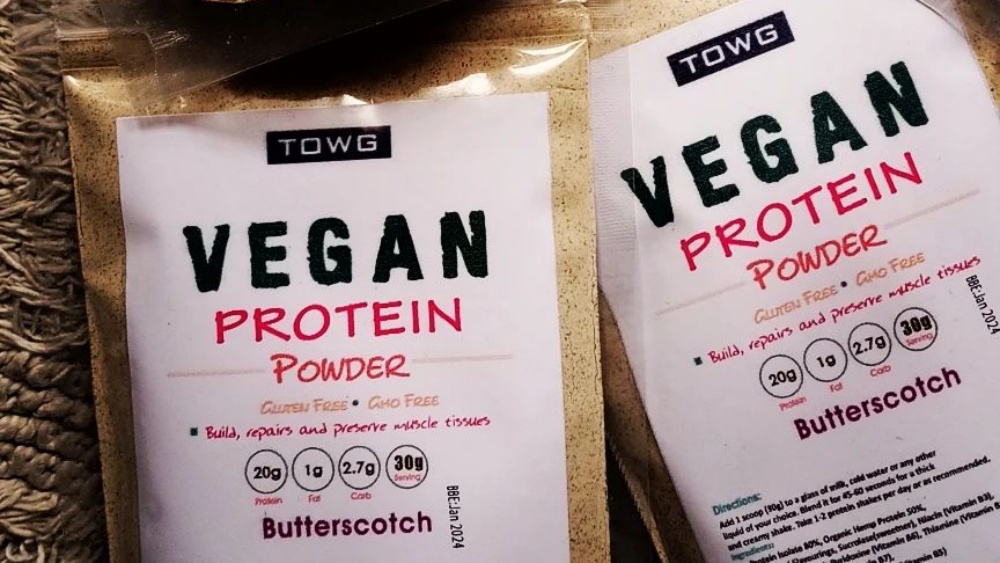
Plant-based protein powders are rich in nutrients and proteins, effectively enhancing your energy levels and meeting your protein requirements.
While it’s possible to get all the protein you need from a well-balanced vegan diet, some individuals may find it helpful to incorporate protein supplements. These can include vegan protein powders made from sources like peas, rice, or hemp protein. Consult with a dietician or healthcare professional before adding supplements to your diet to ensure they align with your specific nutritional needs.
Conclusion
You don’t have to eat meat to get enough proteins. You’ve just unlocked the key to a protein-rich, plant-powered diet. Vegan protein is not only delicious but also offers a plethora of health benefits while contributing to a more sustainable planet.
Incorporating diverse sources of vegan protein into your daily meals nourishes your body and also makes a positive impact on your health and the environment. There are more than enough plant sources of protein to ensure your body gets all the nutrients it needs if you decide to go vegan.
You may also like:
The Power Of Intuition: Understanding The Benefits Of Intuitive Eating
